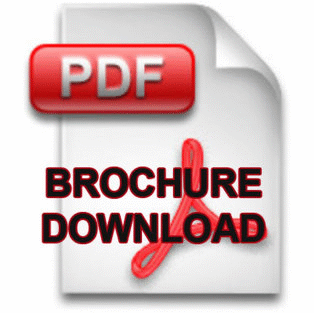
Biography
Biography: Rubyyat A Hakim
Abstract
Aim: The aim of the present study was to find out whether if it was possible to improve the way we document drug history in the hospital clerking proforma during the course of four months period (January-April 2018). Expectation: We had set a goal to have 80% of drug histories in clerking proformas for acute medical admissions filled out correctly by our last cycle of data collection (January-April 2018). Method: Four data collection cycles with 30 patients each were collected (only medical patients). The information we collected was age; day and time patient was clerked (if it was out of hours or not); if the drug history was filled out at all, correctly/incorrectly (compared to the online System One); contributing factors such as diagnosis of dementia, company of relatives and presence of recent discharge summaries. First intervention: inform all clerking doctors via our hospital email. Second intervention: giving a talk to the two groups that clerks the most (Fy2 and CmT) on their teaching sessions. There was opportunity to ask questions and interact. Third intervention: to inform and encourage all clerking medical doctors about the online tool System One. This is currently used by pharmacists and include all current drugs, including what drugs has been dispatched from pharmacy and when. Total improvement: Through our interventions we have made an improvement from 36% to 60% over the four month period. Conclusion: When we analyzed our baseline data collection, we quickly came to the realization that reaching our main goal of 80% correct completion would be very difficult. However, we managed to create an improvement from 36% to 60% from our baseline through our interventions to our last data collection, which we are happy with.

